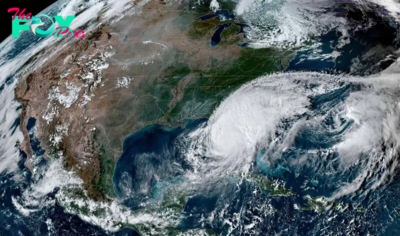Science
Florida family files claim with NASA after ISS space junk crashes into home
The growing problem of space debris isn't just one that plagues Earth's orbit. Several instances of space trash crashing back down to Earth have made recent headlines, and one family is requesting that NASA pay for the damages.
The space agency has a claim on its hands after a chunk of space junk crashed through Alejandro Otero's seaside home in Naples, Florida. The incident occurred on March 8, as debris tore through the roof and two floors of his family home, nearly hitting his son, Otero said in a now-deleted post on X.
NASA has since confirmed the debris came from a 2.9-ton pallet of used batteries jettisoned from the International Space Station in March of 2021; the structure was expected to burn up completely in Earth's atmosphere. Otero speculated as much in posts online following the incident, and voiced his expectation that the responsible parties be held accountable. "[The Otero family is] grateful that no one sustained physical injuries from this incident, but a 'near miss' situation such as this could have been catastrophic," said Mica Nguyen Worthy in a statement from the law firm representing the family.
In the letter, Worthy points out that, under the Space Liability Convention, NASA would be liable had the debris caused damage in another country, and thinks that policy should apply within the United States as well. "We have asked NASA not to apply a different standard towards U.S. citizens or residents, but instead to take care of the Oteros and make them whole," Worthy said.
Related: Object that slammed into Florida home was indeed space junk from ISS, NASA confirms
—Falling metal space junk is changing Earth's upper atmosphere in ways we don't fully understand
—Japan captures 1st image of space debris from orbit, and it's spookily stunning
—'Lightning-like energy bursts' could be used to track the 99% of space junk that can't be seen from Earth
The incident has the potential to set a precedent for governments and private space companies in terms of how compensation could be handled for victims of similar incidents in the future. Though their damage was less severe than that caused at the Otero home, several other reports of crashing space debris have occurred in the past year as well, including portions of a SpaceX Dragon trunk found in Canada and North Carolina, and a piece of an Indian Space Research Organization (ISRO) rocket landing on a beach in Australia.
"Here, the U.S. government, through NASA, has an opportunity to set the standard or 'set a precedent' as to what responsible, safe, and sustainable space operations ought to look like. If NASA were to take the position that the Oteros' claims should be paid in full, it would send a strong signal to both other governments and private industries that such victims should be compensated regardless of fault," Worthy said.
-

 Science4d ago
Science4d agoInside Capitol Hill’s Latest UFO Hearings
-

 Science4d ago
Science4d agoYou Won’t Want to Miss the Leonid Meteor Shower. Here’s How and When You Can See It
-

 Science5d ago
Science5d agoHere’s What Trump’s Win Means for NASA
-
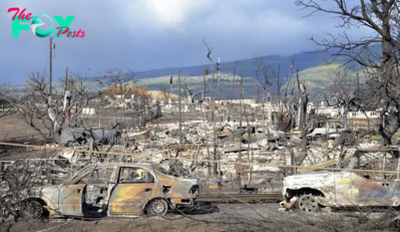
 Science1w ago
Science1w agoWhy Risky Wildfire Zones Have Been Increasing Around the World
-
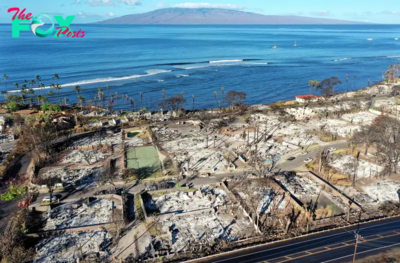
 Science1w ago
Science1w agoIt’s Time to Redefine What a Megafire Is in the Climate Change Era
-
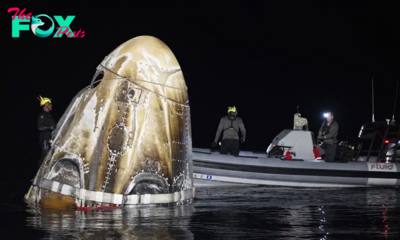
 Science1w ago
Science1w ago4 Astronauts Return to Earth After Being Delayed by Boeing’s Capsule Trouble and Hurricane Milton
-
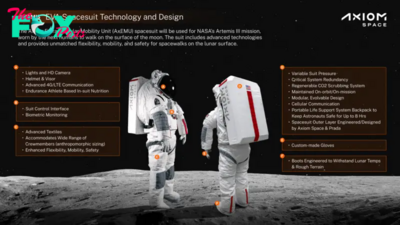
 Science1w ago
Science1w agoThe Elegance and Awkwardness of NASA’s New Moon Suit, Designed by Axiom and Prada
-

 Science2w ago
Science2w agoSpaceX Launches Its Mega Starship Rocket. This Time, Mechanical Arms Catch It at Landing




